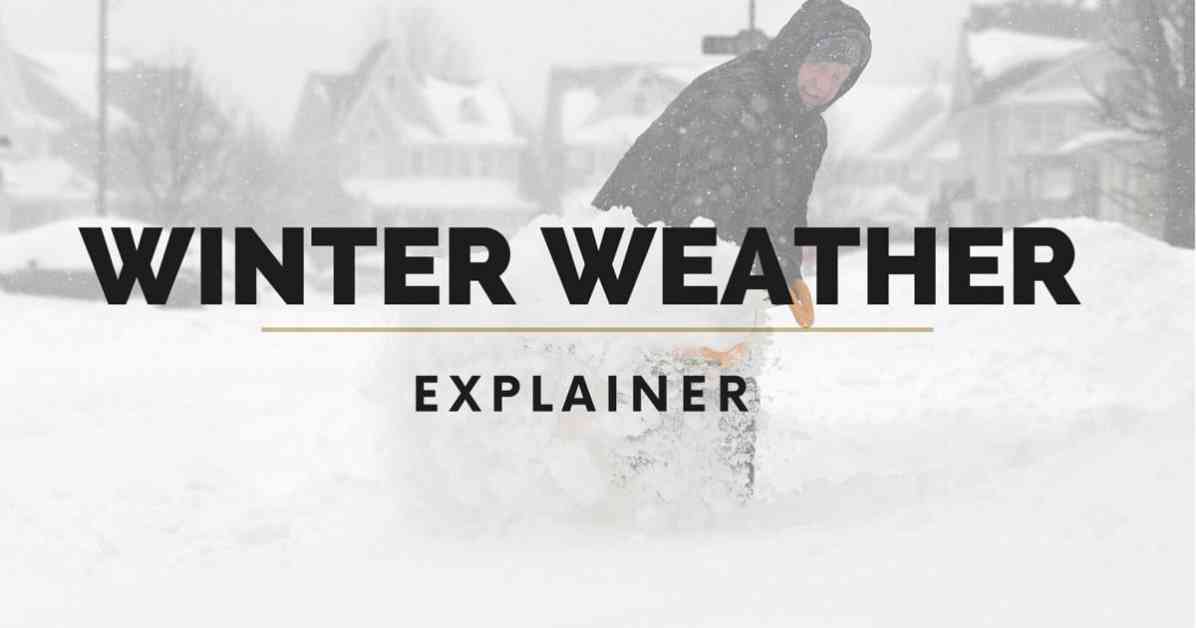Understanding Winter Weather Terms in Ontario: Your Severe Weather Primer
Ontario residents must be prepared for the upcoming winter season as meteorologists predict severe weather conditions. To navigate the potential hazards, it is crucial to understand the terminology commonly used to describe winter weather phenomena. Here is a comprehensive guide to help you stay safe and informed during the cold months ahead.
Blizzard
A blizzard is a severe snowstorm characterized by strong winds and low visibility. To be classified as a blizzard, the storm must have sustained winds of at least 35 mph and visibility reduced to less than a quarter of a mile due to blowing snow. During a blizzard, travel becomes extremely hazardous, and individuals are advised to stay indoors until the storm passes.
Snow Squall
Snow squalls are intense, short-lived bursts of heavy snowfall accompanied by strong winds. These sudden whiteouts can significantly reduce visibility on the roads, leading to dangerous driving conditions. It is essential to exercise caution when encountering a snow squall and avoid unnecessary travel until the squall subsides.
Freezing Rain
Freezing rain occurs when rain falls onto surfaces with temperatures below freezing, creating a thin layer of ice. This ice accumulation can coat roads, sidewalks, and power lines, making them extremely slippery and hazardous. Drivers and pedestrians should exercise extreme caution during freezing rain events to avoid accidents and injuries.
Frostbite and Hypothermia
In extreme cold temperatures, the risk of frostbite and hypothermia increases significantly. Frostbite occurs when skin and underlying tissues freeze due to prolonged exposure to cold temperatures, leading to numbness and tissue damage. Hypothermia, on the other hand, results from the body losing heat faster than it can produce, causing dangerously low body temperatures. To prevent these cold-related injuries, dress warmly, limit outdoor exposure, and seek shelter in heated areas.
As a lifelong resident of Ontario, I vividly remember a winter storm that left our community without power for several days. The freezing temperatures and icy conditions made it challenging to stay warm and safe during the outage. It was a stark reminder of the importance of being prepared for severe winter weather and understanding the potential risks it poses to our well-being.
By familiarizing yourself with these winter weather terms and taking proactive measures to stay safe, you can navigate the upcoming season with confidence and resilience. Stay informed, stay prepared, and stay safe this winter in Ontario.




